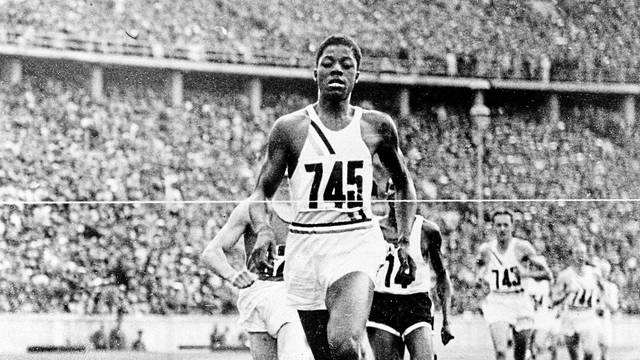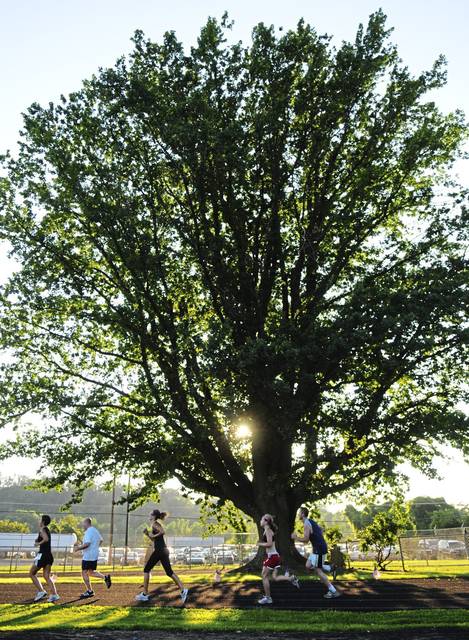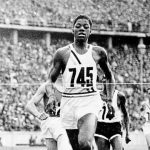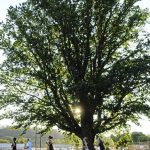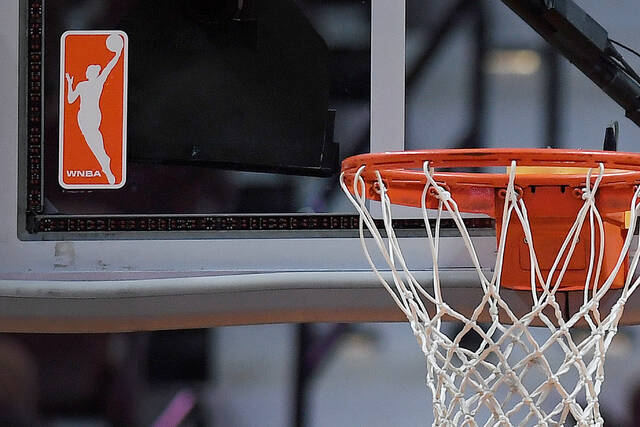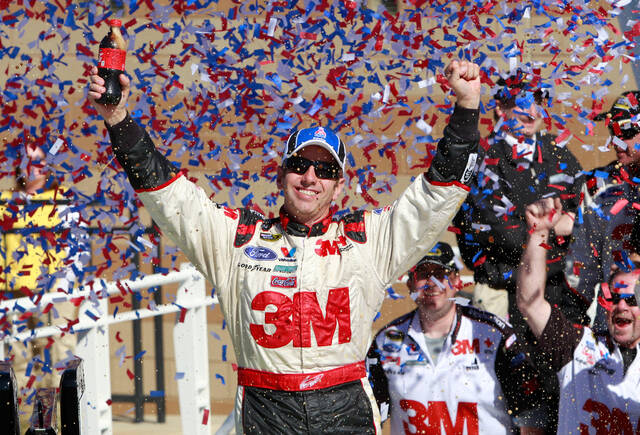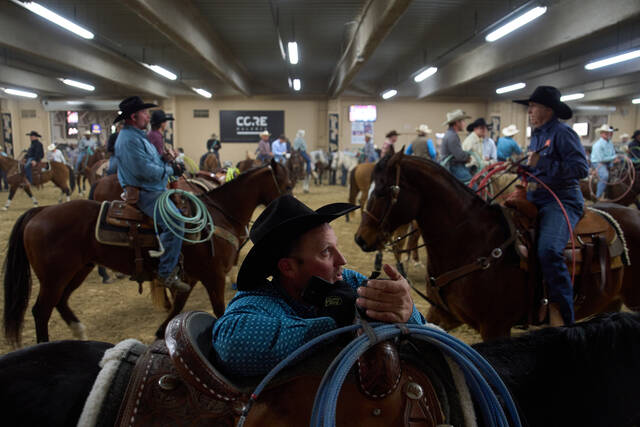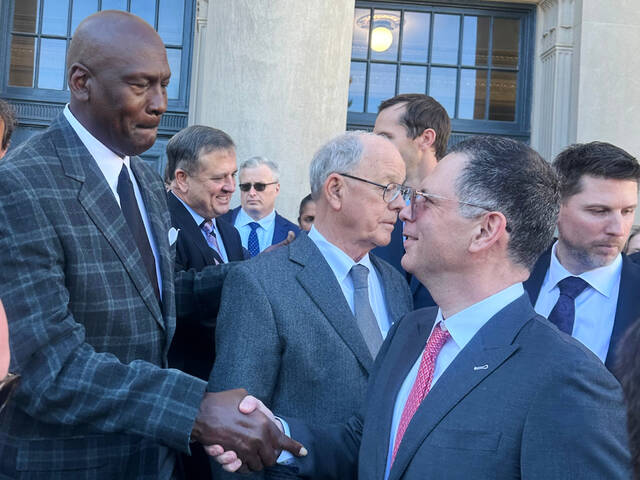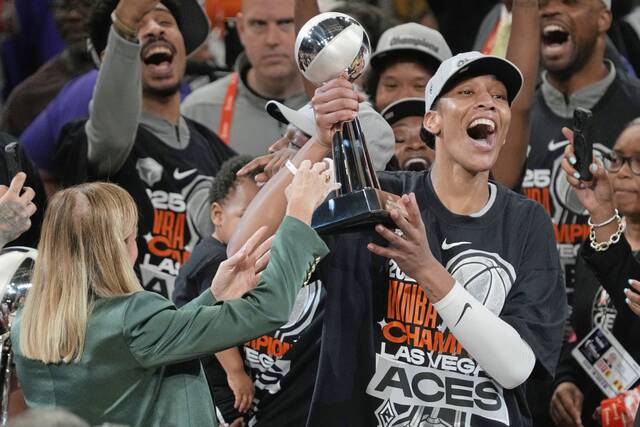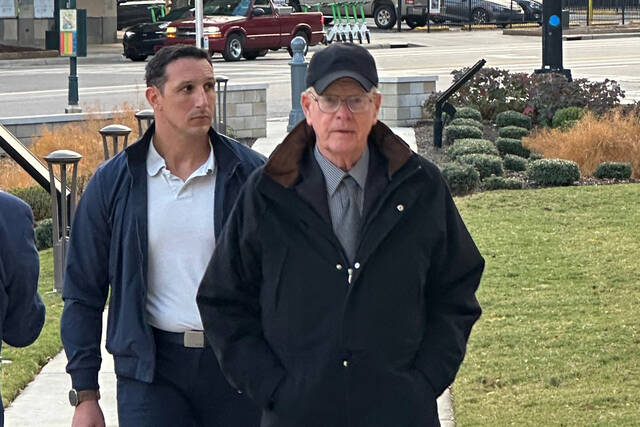The Tribune-Review is following its Best to Ever Wear It series, a daily countdown of the greatest college and pro athletes to wear every jersey number from 99 to 0/00, by honoring the Best to Never Wear It. The six athletes spotlighted didn’t wear a numbered uniform but brought pride to Pittsburgh through their sporting achievements.
Track and Field: John Woodruff
Unless you’re from Connellsville or really ensconced in Olympic history, the name John Woodruff might not ring a bell.
But if you roll through Fayette County en route to Ohiopyle, Nemacolin Woodlands, Deep Creek, Md., or Morgantown, W.Va., you quickly will find out who he is and what he means to Connellsville.
Banners on Route 119 identify this city’s notable residents, including Woodruff. There’s also John Woodruff Park in the northern part of of the city and the yearly John Woodruff 5K treks through the city’s south side.
Perhaps his most lasting legacy is a massive oak tree he brought back from Germany in 1936 that still thrives at Falcon Stadium.
At the 1936 Olympics in Berlin, Woodruff was presented an English oak sapling along with everyone else who won a gold medal.
While Jesse Owens’ four medals are what those games are known for, Woodruff’s win in the 800-meters was perhaps the most spectacular event of those games.
One of eight African-Americans to win gold on Adolph Hitler’s watch, Woodruff, the grandson of slaves, won his event despite a critical mistake.
After getting boxed in within the first 300 meters, he came to a complete stop, a tactic virtually unheard of in that event, moving outside to the third lane to resume running. Despite other runners passing him, Woodruff recovered and beat Italy’s Mario Lanzi by sixth-tenths of a second.
Germany claimed the most gold medals in the games with 33, and the United States was second with 24. Afterward, German newspapers suggested the United States would not have performed so well if it were not for the presence of “black auxiliaries.”
Woodruff took the supposed insult as an accomplishment.
“It made me feel good,” Woodruff said in a 1996 interview with the United States Holocaust Memorial Museum. “Because what we did, we destroyed (Hitler’s) ‘master race’ theory. That made me feel very good because he had that ‘master race’ theory … a superior race. That only the ‘pure Germans’ could do certain things in this world. That was what he was advocating. But we destroyed his theory whenever we started winning those gold medals.”
A 1939 graduate of Pitt who majored in sociology, Woodruff’s gold medal is on display at Hillman Library.
His legacy at Pitt was carried on by Roger Kingdom, a gold medalist in the 110-meter high hurdles at the 1984 and ’88 Olympics.
“One of the things you never heard from him when he talked about his experiences was the negative,” Kingdom said in the shadow of that oak tree during a memorial service for Woodruff following his death at the age of 92 in 2007. “Because of that, I set my goal to make the Olympic team and I just held on to that. And when a person has a goal and a mission, they’re like a rock that’s hard to move.”
Or an oak tree.


